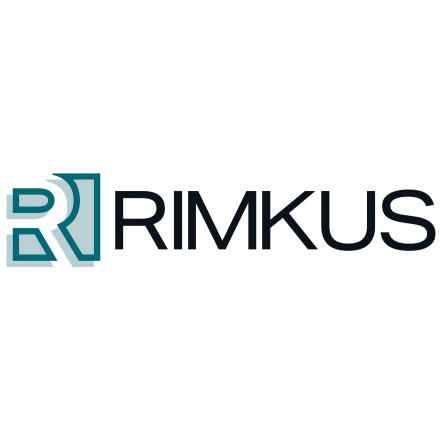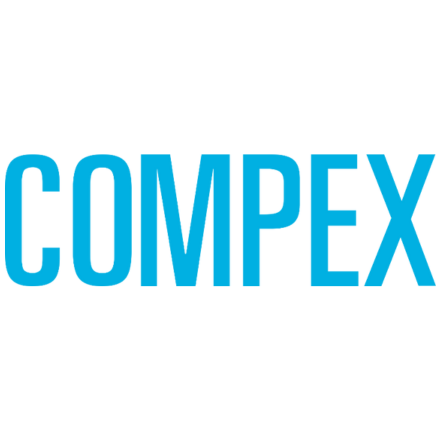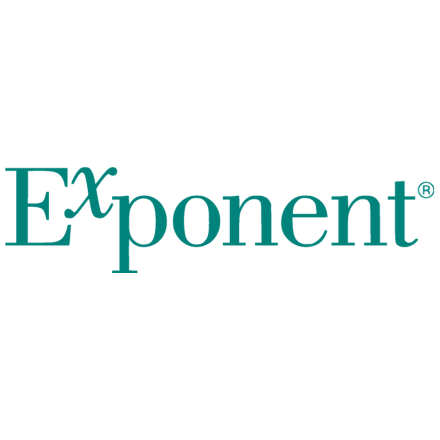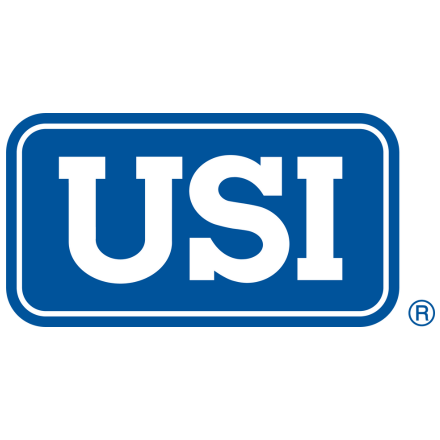The Cost of Doing BusinessConnecticut Dermatology Group, PC et al. v. Twin City Fire Insurance Company et al. February 2023 • Source: Melick & Porter, LLPThe Connecticut Supreme Court recently joined many other state courts when it affirmed lower court rulings against policyholders seeking coverage for “direct physical loss” as a result of the COVID-19 pandemic. In Connecticut Dermatology Group, PC et al. v. Twin City Fire Insurance Company et al., the Plaintiffs, owners and operators of healthcare facilities in Connecticut who were insured under separate but identical all-risk commercial insurance policies issued by the Defendants, argued that they were entitled to coverage under the policies’ loss of business income and civil authority provisions because they suffered certain business-related losses during the pandemic. The Superior Court held, inter alia, that the policies’ Virus Exclusion clearly and unambiguously precluded the Plaintiff’s claims from coverage. The Exclusion stated, in part, that “any claim in which a virus is present anywhere in the causal chain leading to the claimed loss or damage, regardless of the magnitude or geographical confines of the effects of the virus” would be precluded from coverage under the policy. The Superior Court rejected the Plaintiffs’ argument that the absence of the word “pandemic” from the Exclusion precluded its application to pandemics in general, commenting that the “presence, growth, proliferation, spread, and activity” of the COVID-19 virus led inexorably to the pandemic that caused the Plaintiffs’ losses. On appeal to the Supreme Court, the Plaintiffs contended that the trial court incorrectly concluded that the Exclusion applied to their claims. The Defendants disagreed and argued that as an alternative ground for affirming the trial court’s ruling, coverage did not apply because there was no “direct physical loss of or physical damage to” any property insured by the policies. The Defendants made particular reference to the policy provisions stating that the carrier “will pay for direct physical loss of or physical damage to covered property at the premises” and the definition of covered property, which included permanent fixtures, machinery and equipment, and building glass. The Court agreed with the Defendants, relying on the Second Circuit’s reasoning in Farmington Village Dental Associates, LLC v. Cincinnati Ins. Co., 21-2080-CV, 2022 WL 2062280 (2d Cir. June 8, 2022), in which the Second Circuit held that coverage was not available for losses incurred as a result of the suspension of business activities during the COVID-19 pandemic where the policy expressly provided coverage only for “accidental physical loss or accidental physical damage.” The Court rejected the Plaintiffs’ arguments that they had suffered a physical “loss” of the insured premises simply by not being able to use the premises, because there was no physical or tangible alteration to the premises, noting that “use of property” and “property” are not the same thing. The Court further rejected the Plaintiffs’ argument that the erection of physical barriers on the premises constituted “physical repairs.” The Court went on to conclude that “the plain meaning of the term ‘direct physical loss of property’ does not include the suspension of business operations on a physically unaltered property in order to prevent the transmission of the coronavirus.” The Court’s decision serves as a reminder to insurance carriers and policyholders as to the COVID-19 pandemic’s impact on the availability of insurance coverage for business losses that are incurred. A copy of the decision may be read here: https://www.jud.ct.gov/external/supapp/Cases/AROcr/CR346/346CR9.pdf. |













